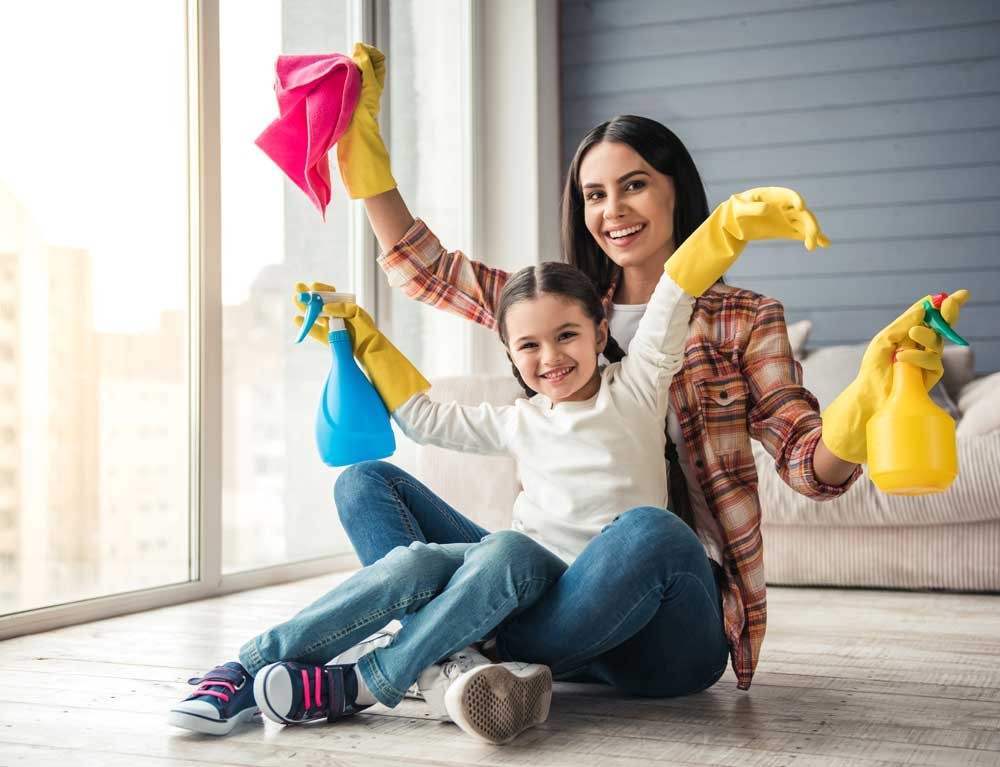In the age of social media, it's not uncommon to stumble upon your domestic helper's Facebook page or Instagram profile. But what happens when you discover that her posts are a little too close to home - literally?
If you're a privacy-conscious maid employer in Singapore grappling with this digital dilemma, don't worry. We're here to help you navigate the tricky terrain of social media boundaries and keep your personal information under wraps.
The Perils of Oversharing
It starts innocently enough - a video of your helper standing at your lift lobby, with a distinct “Block 267” signage, a snapshot of the view from her bedroom window. And before you know it, her followers can piece together a pretty accurate picture of your address. In a city as small as Singapore, where blocks and buildings are easily identifiable, even seemingly harmless posts can compromise your privacy.
Setting Clear Boundaries
As an employer, it's well within your rights to set ground rules about what your helper can and cannot post online. If you value your privacy, make it clear from day one that sharing any information related to your address, your children's schools, or your family's personal details is strictly off-limits. This includes photos and videos taken inside your home, even if they're limited to her personal space.
The Importance of Communication
When broaching the subject of social media with your helper, approach the conversation with a mix of firmness and empathy. Explain your concerns about privacy and security, and how her posts could unintentionally put your family at risk. At the same time, acknowledge her desire to stay connected with friends and loved ones back home. Work together to find a middle ground - perhaps she can share photos of her adventures in Singapore without revealing any identifying details about your household.
Trust Goes Both Ways
Of course, monitoring your helper's online activity 24/7 is neither practical nor conducive to a healthy working relationship. At the end of the day, you'll need to trust that she will respect your boundaries and exercise good judgment when posting on social media. If you've communicated your expectations clearly and she continues to overshare, it may be time to re-evaluate the employment arrangement.
Prevention is Better than Cure
If you're in the process of hiring a new helper, consider addressing the topic of social media usage upfront. Include a clause in your employment contract outlining your expectations around online privacy and the consequences of violating those guidelines. By setting the tone from the start, you can avoid awkward confrontations down the line.
The Double-Edged Sword of Social Media
While social media can be a minefield when it comes to privacy, it's not all doom and gloom. Many helpers find great comfort and support in staying connected with their online communities. Some even use platforms like Facebook to exchange tips and advice with fellow domestic workers in Singapore. As an employer, you can encourage your helper to use social media responsibly - to forge meaningful connections, learn new skills, and stay informed about issues that matter to her.
Crafting a Social Media Policy That Works
At the end of the day, every household will have its own comfort level when it comes to social media. The key is to find a policy that balances your privacy concerns with your helper's need for self-expression and connection. Be clear, be consistent, and be open to ongoing dialogue. With a little bit of trust and a lot of communication, you can help your helper navigate the digital world without compromising your family's safety and security.
Find Your Perfect Match with Searchmaid
Looking for a helper who shares your values around privacy and social media? Searchmaid.com.sg is here to help. Our online platform connects you with a vast pool of experienced, reliable domestic helpers from top agencies across the island. Filter your search based on criteria like age, language abilities, and work experience to find your ideal match. With the right helper by your side, you can create a household where privacy, trust, and open communication reign supreme.






